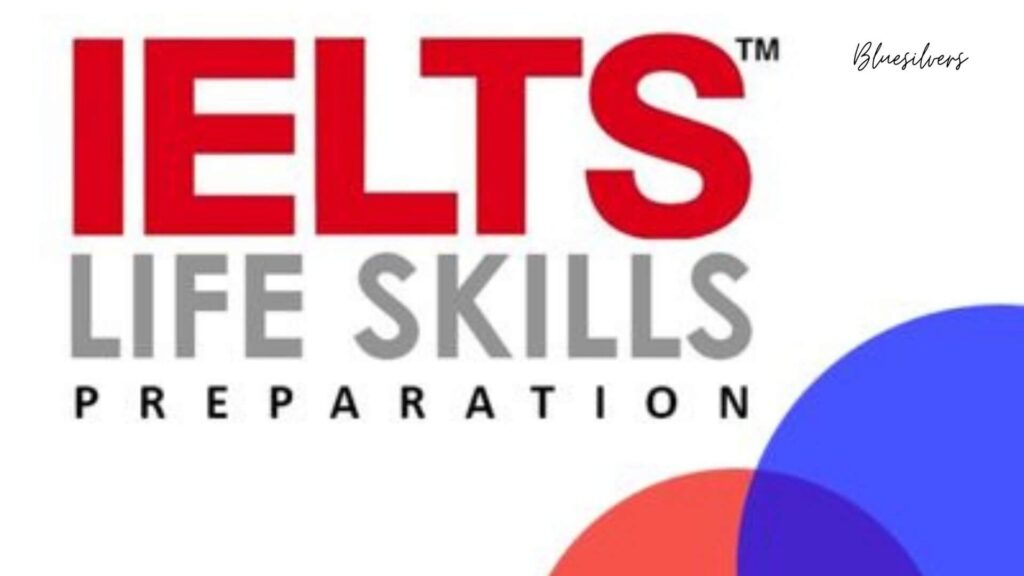Introduction
The IELTS Life Skills Speaking Exam is designed to assess English-speaking abilities required for everyday communication. It is specifically for individuals applying for UK Visas and Immigration (UKVI). The test focuses on listening and speaking skills, assessing a candidate’s ability to engage in conversations and express opinions effectively. The test is conducted face-to-face with an examiner and another candidate, simulating real-life interactions.
IELTS Life Skills Levels and Purpose
The IELTS Life Skills Speaking Test is divided into three levels based on the Common European Framework of Reference for Languages (CEFR):
- Level A1: For family or partner visa applications.
- Level A2: For visa extensions under the Spouse/Partner Visa category.
- Level B1: For Indefinite Leave to Remain (ILR) or British Citizenship applications.
Test Format
- Duration: 16–22 minutes.
- Sections: Candidates perform speaking tasks that involve listening, answering, and interacting with the examiner and another candidate.
- Topics: Focus on everyday life, such as shopping, hobbies, travel, work, and health.
The test is divided into two parts:
Part 1: Personal Information Questions
Candidates introduce themselves, discuss personal topics, and answer questions about daily life.
Part 2: Paired Task
Candidates work together to discuss a topic, ask questions, share information, and make decisions.
Sample Questions and Answers
Level A1 Questions
- Tell me about your family.
Answer:
“I have a small family. I live with my parents and one younger sister. My father works as a teacher, and my mother is a nurse. We enjoy spending weekends together.” - What do you usually do in your free time?
Answer:
“In my free time, I like reading books, listening to music, and watching movies. Sometimes, I go for a walk in the park.” - Can you describe your home?
Answer:
“I live in a two-bedroom apartment. It has a small kitchen, a living room, and a balcony. It is cozy and comfortable.”
Pair Task Example:
Plan a weekend activity together.
- Candidate 1: “What do you think about going to the park this weekend?”
- Candidate 2: “That sounds great. We can also have a picnic there.”
- Candidate 1: “Good idea! What time should we meet?”
Level A2 Questions
- Describe a trip you enjoyed.
Answer:
“I went to the beach last summer with my family. We stayed there for three days. We swam, played games, and ate delicious food.” - How do you usually travel to work or school?
Answer:
“I usually take the bus because it’s convenient and affordable. It takes about 20 minutes to reach my office.” - What is your favorite holiday?
Answer:
“I love Christmas because I spend time with my family, exchange gifts, and enjoy delicious meals.”
Pair Task Example:
Decide what gift to buy for a friend’s birthday.
- Candidate 1: “What about buying a book? She loves reading.”
- Candidate 2: “That’s a good idea, but she also likes cooking. How about a cookbook?”
- Candidate 1: “Yes, a cookbook sounds perfect. Let’s get that!”
Level B1 Questions
- Tell me about a time you helped someone.
Answer:
“I helped my neighbor move to a new apartment. I carried boxes, arranged furniture, and cleaned the rooms. They were very grateful for my help.” - Describe a job you would like to do in the future.
Answer:
“I would like to be a teacher because I enjoy working with children and helping them learn new things.” - What would you do if you lost your phone?
Answer:
“I would call my number to see if someone answers. If I can’t find it, I will report it to the police and block my SIM card.”
Pair Task Example:
Plan an event at work or school.
- Candidate 1: “Should we organize a team lunch or a party?”
- Candidate 2: “I think a party would be more fun. We can decorate the room and play games.”
- Candidate 1: “That sounds good. Let’s also prepare some food and drinks.”
Tips for Success
- Practice Speaking Daily: Talk about simple topics like your daily routine, hobbies, or shopping experiences to improve fluency.
- Listen Actively: Focus on key details and practice asking follow-up questions to keep conversations flowing naturally.
- Use Clear Pronunciation: Speak slowly and clearly to ensure the examiner understands your responses.
- Expand Answers: Avoid giving short answers. Add details and examples to demonstrate your language skills.
- Engage with Your Partner: Listen carefully to your partner’s answers during paired tasks and respond appropriately.
- Prepare Common Topics: Be familiar with topics such as family, travel, work, hobbies, and health.
Conclusion
The IELTS Life Skills Speaking Exam is designed to evaluate a candidate’s ability to communicate in practical, everyday situations. By focusing on interactive speaking tasks, it helps assess how well candidates can share information, make plans, and discuss opinions. Preparation with sample questions and paired tasks is essential for performing well at each level—A1, A2, and B1—as candidates demonstrate their listening and speaking abilities in real-life contexts.





